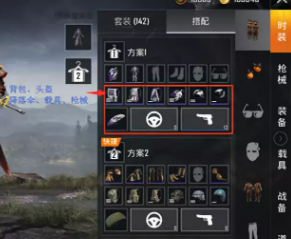what is happening with cryptocurrency snippets
This shows that China has changed its monetary policy stance for the first time in more than ten years, from "moderate" to "moderately loose". This policy adjustment aims to boost consumption, improve investment efficiency and expand domestic demand in all directions. At the same time, it also indicates that China will probably take greater measures to cut interest rates and lower the RRR to support economic growth.I. BackgroundChina Internet ETF is a cross-border ETF, which can conduct T+0 transactions, that is, it can repeatedly sell high and suck low in one day. The heavyweight stocks of China's Internet ETFs usually include well-known domestic Internet companies such as Tencent and Alibaba. The market performance of these companies has a direct impact on the trend of ETFs.
Fourteen years later, it was relaxed, and the Chinese stocks responded.China Internet ETF basically covers domestic mainstream Internet listed companies, such as Tencent, Meituan, Ali, JD.COM, Baidu, Pinduoduo, Netease, Xiaomi, Ctrip and Aauto Quicker.Fourteen years later, it was relaxed, and the Chinese stocks responded.
On October 8th, because our capital market was closed during the 11th period, Hong Kong stocks rose first, and then foreign countries sang us empty. Hong Kong stocks also took the lead in the callback. I think the callback has been sufficient. Therefore, regardless of Hong Kong stocks or the corresponding Chinese stocks listed in the United States, basically, the brokerage and Internet platform economy should shake the bottom, and the future will be revived.The FTSE A50 China index futures rose rapidly after reopening at 17:00, and the increase reached 1% by 17:27 Beijing time. The index closed up 4.66% at 5 pm.China Internet ETF basically covers domestic mainstream Internet listed companies, such as Tencent, Meituan, Ali, JD.COM, Baidu, Pinduoduo, Netease, Xiaomi, Ctrip and Aauto Quicker.
Strategy guide 12-13
Strategy guide 12-13
Strategy guide 12-13
Strategy guide
12-13
Strategy guide
12-13
Strategy guide 12-13























